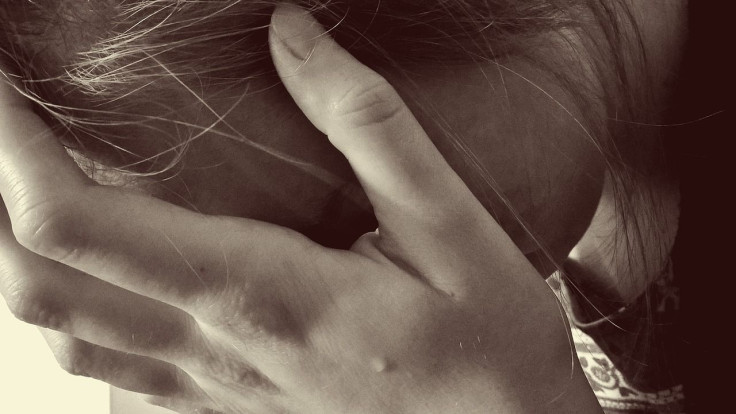Know Someone With Depression Or Anxiety Disorder? The Dos And Don'ts Of Being A Supportive Friend

When actor and comedian Katharine Heller was 5 years old, she began experiencing the early stages of mental health disorders: anxiety and depression. In a recent video for Project UROK — a nonprofit organization designed to create videos to help teenagers struggling with mental health issues — Heller recalls being an anxious child with an obsessive compulsive disorder (OCD), subsequently spending her whole life in therapy. But it wasn't until Heller was in her 20s she was diagnosed with depression and prescribed medication. Along the way she figured out what those struggling with mental health shouldn't have to hear.
"Your friends love you, but they may not say they right things and that's OK," Heller said. "If you're one of those friends, here's what not to say if you can: 'Oh, have you tried yoga? Oh you're anxious, I meditate every day.'" Those practices may work when practiced on a daily basis, but Heller explained it's impossible to "do the happy breathing" when she's right in the middle of a panic attack. Instead, it's better for her to follow the comprehensive plan she developed with a doctor.
If your doctor, too, recommends taking medication, know that it doesn't turn a person into a zombie when it's dosed correctly; it's a prolific misconception medication stunts a person's personality. As someone who has been on and off different medications for depression, Heller said it's important to not make any assumptions or recommendations to friends and family who may be struggling.
"You just don't know what's right for them," she said. "Have some mutual respect for each other. We're all going through so many different things." According to the Anxiety and Depression Association of America, anxiety disorders affect 40 million adults in the United States, making it the most common mental illness among Americans. Like Heller, one-third of adults first experience OCD symptoms in their childhood. Being supportive to someone who has struggled with an anxiety or depressive disorder, learning about it, encouraging treatment, and learning what triggers symptoms can help alleviate friends and family during tough times. Being tolerant and nonjudgmental is key to making difficult times easier.
Published by Medicaldaily.com



























